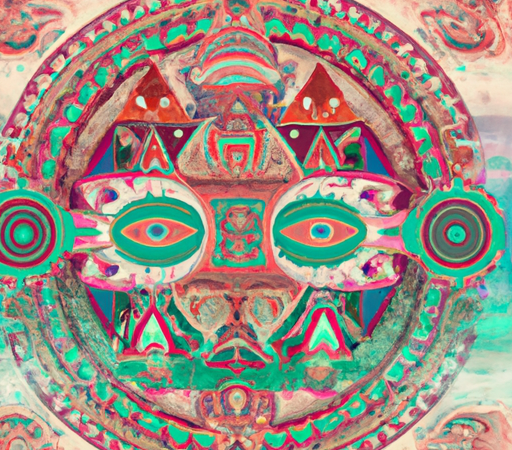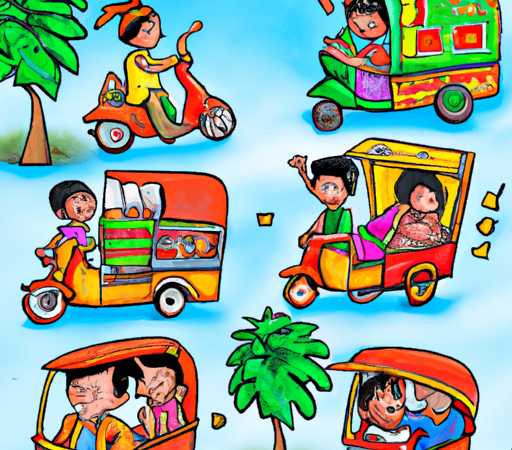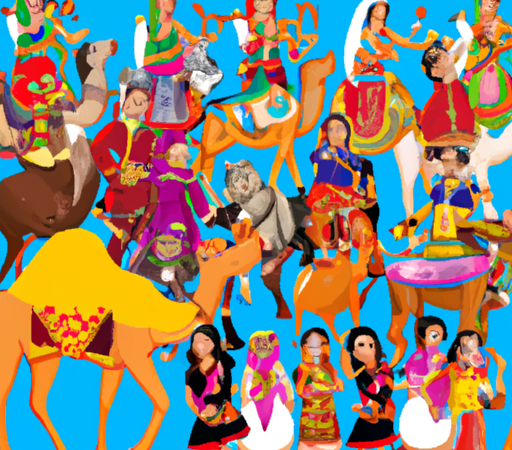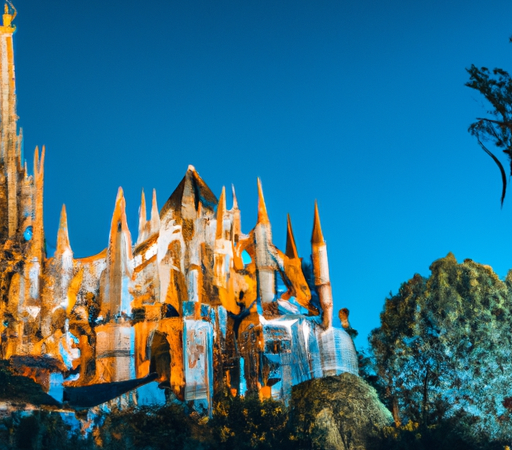Crazy Customs: 10 Bizarre Rituals Practiced in Different Countries
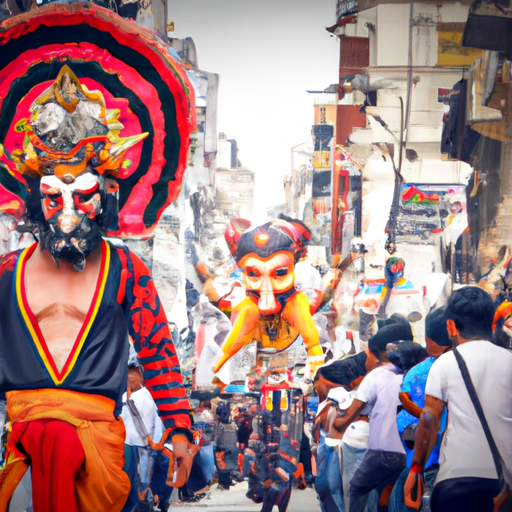
Crazy Customs: 10 Bizarre Rituals Practiced in Different Countries
Across the globe, cultures are rich with traditions that have been passed down from generation to generation. Some rituals are so unique and bizarre that they leave outsiders astonished. From symbolic ceremonies to unusual practices, here are ten crazy customs from around the world that may make you question the limits of human creativity.
1. Baby Jumping in Spain:
Every year during the El Colacho festival in the village of Castrillo de Murcia, Spain, newborn babies are laid on mattresses in the middle of the street. As part of a bizarre ritual dating back to the 17th century, men dressed as devils take a leap of faith and jump over the infants. The act is believed to cleanse the babies of sin and ensure their future health and prosperity.
2. Mourning at Toraja, Indonesia:
In Toraja, a remote region of Indonesia, death is not an end but rather a transition. Locals celebrate the passing of loved ones by honoring their memory in grand style. Known as the Ma'nene festival, families exhume the corpses of their ancestors, dress them in new clothes, and parade them through the streets. The ritual is a way of paying respect and reconnecting with the deceased.
3. Finger Cutting in Papua New Guinea:
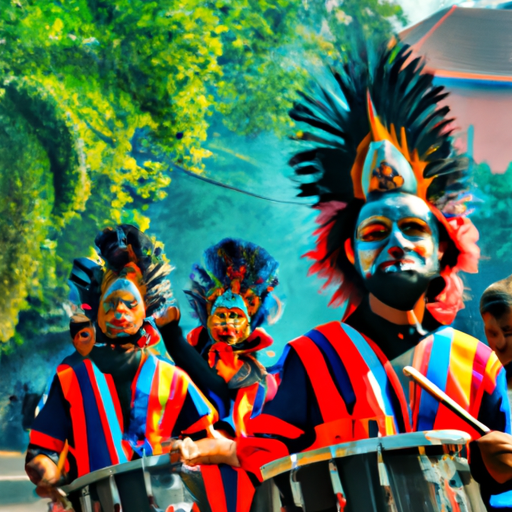
In the Sepik region of Papua New Guinea, finger cutting is a rite of passage for young men. As a symbol of strength and endurance, boys have the tip of their fingers sliced off using a bamboo stick. The resulting wound is filled with ash and left to heal. This custom is believed to help males prove their bravery and manhood.
4. Thaipusam Festival in Malaysia:
Thaipusam is a Hindu festival celebrated primarily by the Tamil community in Malaysia. Devotees pierce various body parts, including cheeks, tongues, and backs, with hooks, skewers, and small spears. They then carry heavy and elaborate bamboo structures known as kavadis, symbolizing their devotion and penance. The ritual is a way of showing gratitude or seeking divine intervention.
5. Fire Walking in Greece:
During Easter celebrations in Greece, participants engage in a remarkable spectacle known as Fire Walking. Believers, known as Anastenarides, perform a ritual dance before walking barefoot across a bed of hot coals. This practice, associated with the Eastern Orthodox faith, signifies one's willingness to overcome pain and fear for spiritual growth and redemption.
6. Cheese Rolling in England:
In a small village in Gloucestershire, England, a bizarre tradition is held annually. Individuals gather at the top of Cooper's Hill, chasing a wheel of cheese down the steep slope. Participants throw themselves down, often tumbling and crashing along the way, in an entertaining – albeit dangerous – race. The person who crosses the finish line with the cheese is crowned the winner.
7. Kanamara Matsuri in Japan:
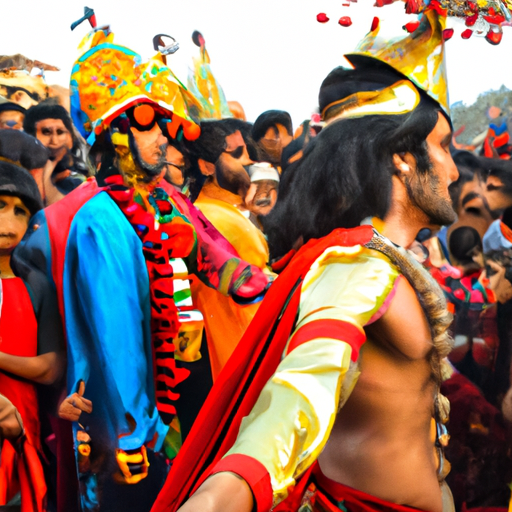
Kanamara Matsuri, also known as the Festival of the Steel Phallus, is celebrated each spring in Kawasaki, Japan. This unusual event involves the procession of giant phallic sculptures through the streets. The festival aims to promote sexual health, fertility, and ward off sexually transmitted diseases. It attracts both locals and tourists who gather to celebrate without hesitation.
8. La Tomatina in Spain:
La Tomatina, held in the small town of Buñol, Spain, is an annual tomato-throwing festival that lights up the senses. Thousands of participants gather to pelt each other with over 100,000 kilograms of ripe tomatoes. The tradition, believed to have started spontaneously in the 1940s, is now a massive attraction, drawing people from all corners of the globe to indulge in this tomato-filled extravaganza.
9. Holi Festival in India:
India's Holi Festival, also known as the Festival of Colors, is a vibrant celebration of spring. Participants engage in spirited water and color fights, throwing powdered pigments at each other, covering everyone and everything in a kaleidoscope of hues. Holi signifies the triumph of good over evil and the onset of a fresh and colorful season.
10. Famadihana in Madagascar:
Famadihana, or the Turning of the Bones, is a unique ritual practiced in Madagascar. Every five to seven years, families gather to exhume the bodies of deceased relatives. They wrap the remains in fresh cloth, parade them through the streets, and dance to traditional music. Famadihana is seen as a way of honoring the dead, celebrating their lives, and seeking their blessings.
These ten bizarre customs serve as a reminder of the extraordinary diversity found within our global society. Though strange and peculiar to outsiders, they highlight the fascinating depth of human culture and the deep-rooted significance of age-old traditions. Exploring and embracing these customs can provide us with a greater understanding of the endless variations that make our world so captivating.

